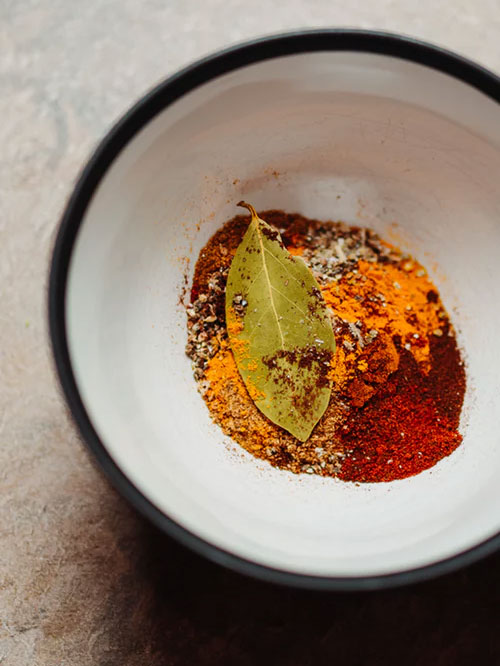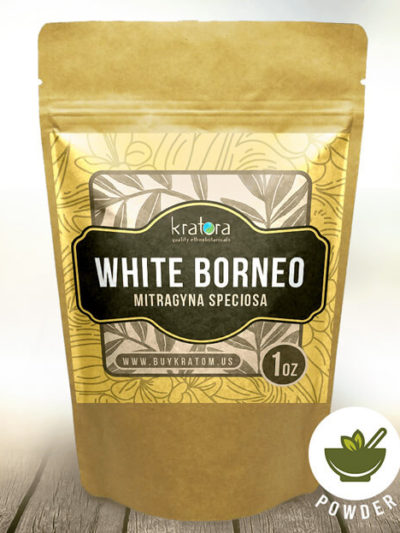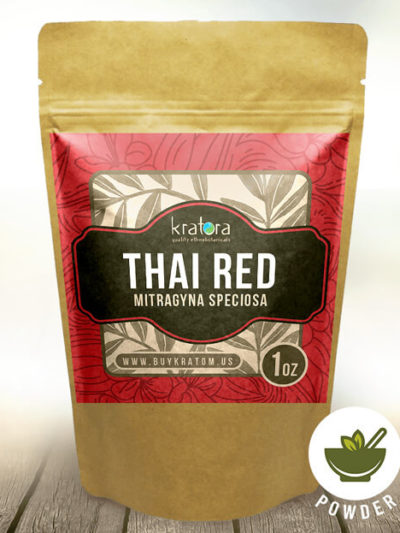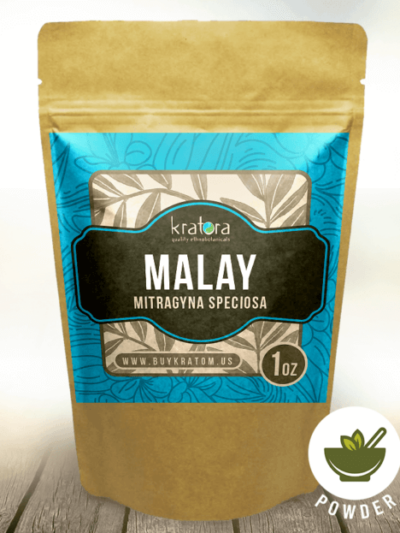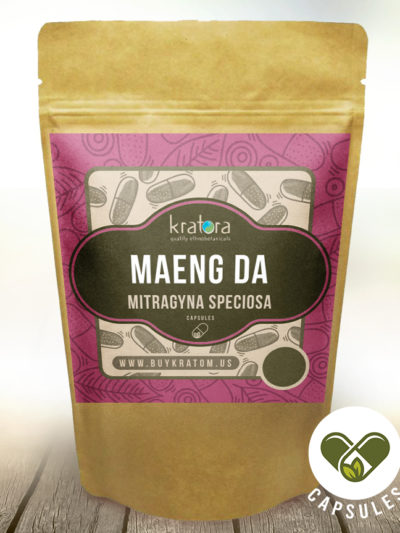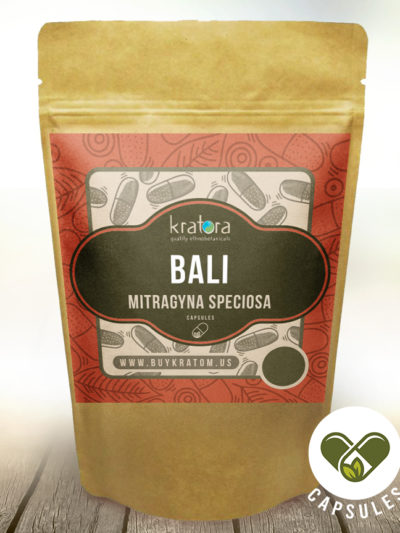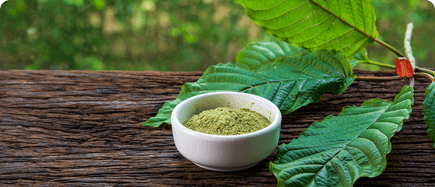For centuries, humans have used various plants to curb hunger, alleviate discomfort and disease, and promote wellbeing. The natural diversity and abundance of the earth’s flora led even the earliest humans to consume multiple plants simultaneously throughout their lives.
Today, modern science has taken an interest in exploring the complex relationships and interactions between plants. Research has proven that, when used in tandem, some botanicals can complement one another through a process called “potentiation.”
Though studies have focused on many plant pairings, some researchers are particularly fascinated by the emerging bond between turmeric and kratom. But is there any truth to the idea that these two plants are complementary, or is the coupling nothing more than the product of health-food-hype?
Let’s take a look!
What is Turmeric?
Turmeric is a spice derived from the roots of the Curcuma longa plant, which belongs to the ginger family. Known for its bold yellow-gold coloration and bitter, earthy flavor, the spice is used extensively in many cuisines, including South Asian and Middle Eastern cooking. Turmeric’s applications also extend to the field of traditional medicine — namely Ayurvedic, Siddha, Chinese, Unani, and other historical branches of medicine.
Like kratom, turmeric is most commonly sold as a fine powder. To create the powder, farmers collect the plant’s rhizomes and boil and dry them before grinding them into a light powder.
However, in recent years, the plant’s emerging health food status has popularized consumption in other forms. As a result, consumers looking to potentiate kratom can now find turmeric in pre-formed capsules, beverages, pre-packaged foods, and countless other products. Manufacturers of these products often attribute many health benefits to the plant, but most of these claims remain unverified by research.
Turmeric and Kratom: A Match Made in Heaven?
For many kratom enthusiasts, the opportunity to maximize their kratom through potentiation is too tempting to ignore. That’s because the process — called kratom potentiation — revolves around the idea that less is more. In theory, by increasing the potency and/or longevity of their kratom products through potentiation, consumers can save money by using less kratom to achieve their desired effect.
In practice, however, the process of kratom potentiation isn’t so straightforward. Kratom enthusiasts have labeled many botanicals as kratom potentiators (including stem and vein kratom), but in many cases, science can’t corroborate these claims.
Thankfully, connecting the dots between turmeric and kratom isn’t nearly as difficult. Although there aren’t many studies examining the relationship between the two plants, the existing body of research on curcumin — a chemical found in turmeric — indirectly supports the notion that turmeric can potentiate kratom.
The mechanism behind turmeric’s interaction with kratom lies in the way kratom is metabolized. Several enzymes, including CYP2D6, CYP2C9, and CYP3A4, are responsible for metabolizing kratom in the body; however, research has found that curcumin can slow the absorption of substances by inhibiting CYP3A4’s metabolic process. By slowing metabolism, curcumin can increase kratom’s duration in the body and extend its effects.
Because curcumin is the active mediator of kratom metabolism, some kratom enthusiasts have suggested that kratom potentiation should involve curcumin and kratom rather than turmeric and kratom. That said, given that turmeric contains a small, naturally-occurring percentage of curcumin, the plant could still potentiate kratom to a lesser degree.
-
Energy
White Vein Borneo Kratom
From $11.99 Shop Now This product has multiple variants. The options may be chosen on the product page Quick View -
Relaxing
Thai Red Vein Kratom
From $14.99 Shop Now This product has multiple variants. The options may be chosen on the product page Quick View -
Energy
Green Malay Kratom Powder
From $12.99 Shop Now This product has multiple variants. The options may be chosen on the product page Quick View -
Energy
Maeng Da Kratom Capsules
From $26.99 Shop Now This product has multiple variants. The options may be chosen on the product page Quick View -
Relaxing
Red Bali Kratom Capsules
From $17.99 Shop Now This product has multiple variants. The options may be chosen on the product page Quick View
Additional Health Benefits
Aside from using turmeric as a kratom potentiator, regular turmeric consumption also provides many health benefits. Although many of turmeric’s health benefits have yet to be corroborated, the current research is optimistic.
Turmeric as a Source of Antioxidants
Curcumin — the chemical that’s chiefly responsible for turmeric’s kratom potentiating effects — is rich in antioxidants, which can reduce stress. Because stress is a precursor to various health problems, using turmeric can be used with more than kratom to help reduce stress.
One study showed that curcumin effectively lowered markers of stress (erythrocyte MDA levels) while raising levels of glutathione, an antioxidant found in plants.
Turmeric as an Anti-inflammatory
“Anti-inflammatory” has become a health buzzword within the last few decades — and for good reasons. As agents that reduce inflammation or swelling, substances with anti-inflammatory properties can help the body defend itself against the complications of various conditions.
Fortunately, the curcumin found in turmeric seems to display promising anti-inflammatory properties. In a review of research on the topic, this paper’s authors concluded that “Taken together, the discussed publications provide strong evidence for the anti-inflammatory properties of curcumin.” Other researchers have published similar findings.
Potentiating Turmeric Itself
Despite the many benefits of turmeric and kratom, the bioavailability of turmeric’s main constituent, curcumin, is limited. Studies suggest that curcumin’s limited bioavailability compromises its effectiveness, and by extension, the health-positive properties of turmeric.
Thankfully, turmeric can be potentiated like kratom. Research has found that Bioperine — an alkaloid found in black pepper — can increase curcumin absorption by up to 80%. Given this knowledge, blending Bioperine, turmeric (or curcumin), and kratom should make for a potent and complementary combination.
Turmeric as a Source of Vitamins and Minerals
Aside from complementing kratom, turmeric possesses a robust nutritional profile that has solidified it as a health food. Turmeric contains a natural plethora of vitamins and minerals, including vitamin C, niacin, vitamin B6, iron, manganese, potassium, and others. As a spice, turmeric is also low in calories, so it can be enjoyed or integrated into just about any diet without consequence.
Kratora: Your Online Destination for Premium-Grade Kratom
Kratora has been providing customers in the United States and abroad with all-natural kratom and kratom alternatives since 2013. Whether you’re new to the plant or a kratom enthusiast, our diverse selection of kratom products is sure to have something for everyone. Kratora is the ultimate kratom vendor to buy kratom online with thousands of happy customers!
Shop with us today to receive same-day shipping on orders submitted before 3 PM EST Monday through Friday and 1 PM EST on Saturdays (excluding holidays).
Please note that the US FDA has not approved kratom to be sold for human consumption, sold for external use only. None of the products sold on our website are intended to diagnose, treat, cure, or prevent any disease or medical condition.
Want to learn more about kratom quality and value? Start here:
Why Buying Cheap Kratom Can Be Dangerous
